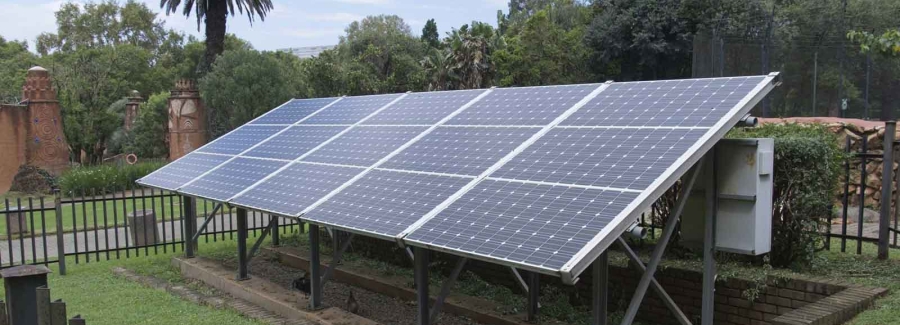A lack of access to reliable electricity in many sub-Saharan countries is one of the most serious obstacles to economic growth. To achieve SDG 7 in Africa, energy generation capacity will need to double by 2030 and be multiplied fivefold by 2050. Currently in Africa, only 58% of the continent’s population has access to electricity, leaving more than 600 million Africans without access to electricity, despite progress in recent years. Excluding South Africa, nearly one billion people across 48 countries in sub-Saharan Africa share roughly the same generation capacity as Germany, which has only 83 million people. And Africa’s population is set to exceed 2 billion by 2040.
Even for those Africans with some access to electricity, reliable access remains a major problem. Many African countries experience recurrent electricity outages and interruptions in service (load shedding) due to unreliable grids, constraining GDP growth in some countries by 2-4% annually. According to some estimates, about two-thirds of Africa’s existing grids are considered unreliable. Over 70 percent of African businesses experience regular electrical outages—the highest percentage for any world region—and African firms report that, on average, about 30 percent of their electricity comes from generators, producing excessive amounts of carbon emissions and requiring over $13 billion in unnecessary spending on diesel and petrol.
While African countries have contributed almost none of the world’s cumulative greenhouse gas emissions, there is a growing consensus that Africa can become a global leader in the green energy transformation, as part of a broader energy strategy to power economic development on the continent. At present, however, only 9 percent of Africa’s current energy supply comes from renewable sources. An underlying motivation of the Milken-Motsepe Prize in Green Energy is that new sources of reliable, sustainable electricity can help advance progress across the full range of United Nations Sustainable Development Goals (UN SDGs), by helping expand access to quality education and safe housing, for example, and by powering agricultural innovations that can expand food security.


